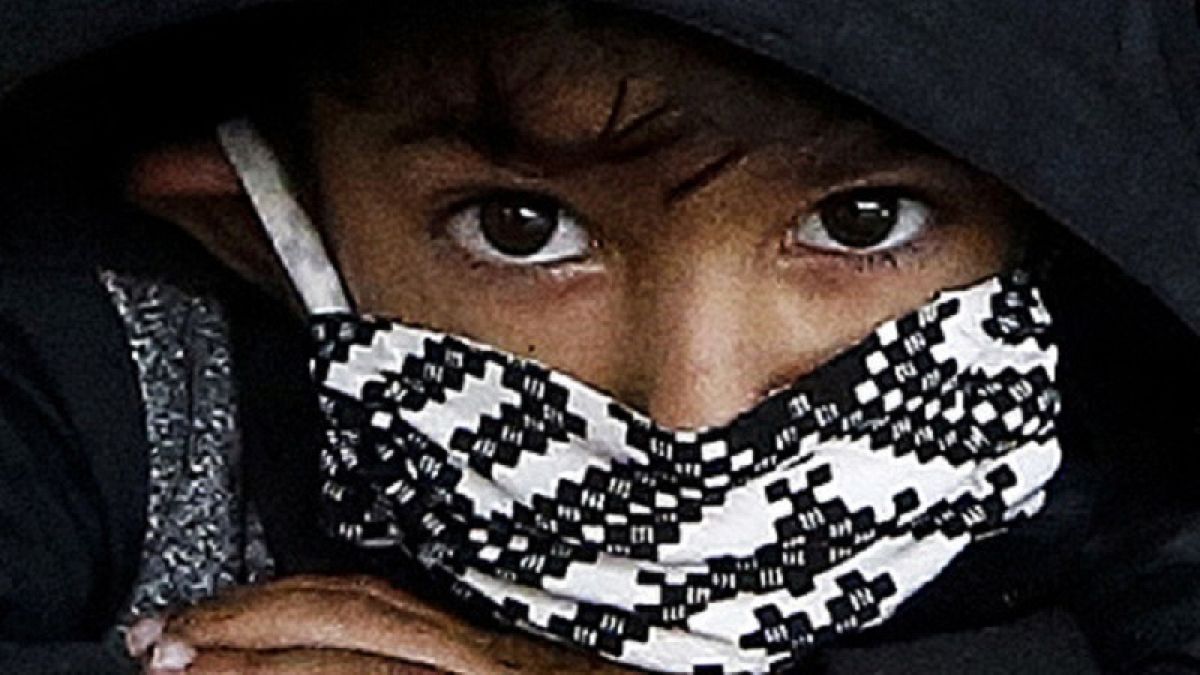Many parents are stressed and anxious over their jobs, finances and health, and need to look after their often bored or restless children all day long. Even before the pandemic, children were at the greatest risk of violence when in their own home. Now, the danger of abuse is even greater still.
Several weeks into lockdowns around the globe, there are more and more indications that violence against children in the home is on the rise. Many parents are stressed and anxious over their jobs, finances and health, and need to look after their often bored or restless children all day long. Even before the pandemic, children were at the greatest risk of violence when in their own home. Now, the danger of abuse is even greater still.
Most European countries have imposed lockdowns, with several child helplines noticing an increased demand. In Spain, a helpline has registered 475 cases of children seeking help since the lockdown started. In about 200 of those cases, children said they experienced physical violence. The organisation running the helpline warned, “many children and adolescents are suffering more violence and vulnerability than ever.”
In one of the worst-affected regions of northern Italy, a Juvenile Court issued 92 urgent measures for the protection of minors between 10 and 26 March alone. In one case, a father reportedly threatened his wife and children with a kitchen knife, exemplifying how children are often gravely affected by domestic violence against women. And reports of gender-based domestic violence have also risen sharply across Europe since the start of the lockdown.
France and Germany have seen an increase in violence against children reported to helplines, too, including the death of a 6-year-old boy in France from physical violence at the hands of his father. According to Child Helpline International, a global network of national helpline associations, most of its members - in Europe and beyond - have been seeing a significant increase in the numbers getting in contact over the past few weeks.
The reports of violence against children that have emerged so far are likely only the tip of the iceberg, as lockdown situations often make it harder for victims to find the privacy and tools necessary to reach out. The situation is compounded because teachers, who frequently identify cases of child abuse, are unable to monitor and report cases.
According to a United Nations Children’s Fund (UNICEF) study conducted prior to the pandemic, three-quarters of young children (aged 2-4) experience either psychological aggression or physical punishment (or both) by their caregivers at home. Exposure to violence can impair children’s brain development and is linked to lower educational achievement, as well as higher rates of anxiety, depression, substance abuse, and suicide. Children with disabilities are at heightened risk of violence, a UN study has also found, and may therefore also be at particular risk during the coronavirus lockdown.
UN Secretary-General Antonio Guterres made an unusual appeal to the world on 16 April. Rather than speaking up on threats to international peace and security, he raised the alarm around abuse and exploitation of children in the context of the coronavirus lockdown, and urged: “Let us protect our children and safeguard their well-being.”
Guterres’ appeal makes detailed recommendations on how to ensure that children can get child protection services, as well as food, health care, and schooling in the pandemic. These recommendations could guide governments in their response. To boost protection against violence in the home, Guterres calls for child protection services to be designated as essential, something that is currently not the case in many countries. On the contrary, many child protection services are operating at a reduced level due to the infection risks.
However, there are exceptions: Several weeks into the pandemic, Germany classified child protection staff as essential workers who are allowed to continue work. Other countries should follow suit. Global experts on child protection agree that there is a dire need for continued mental health and psychosocial support services, child protection case management, emergency alternative care, as well as accessible helplines and other child-friendly reporting mechanisms.
Millions of children are currently left with little access to protection and support. Rather than leaving these children exposed to violence behind closed doors, governments have a heightened responsibility. They should step up now, before it is too late.
- Juliane Kippenberg is Associate Children’s Rights Director at Human Rights Watch.
____________
Are you a recognised expert in your field? At Euronews, we believe all views matter. Contact us at view@euronews.com to send pitches or submissions and be part of the conversation.


